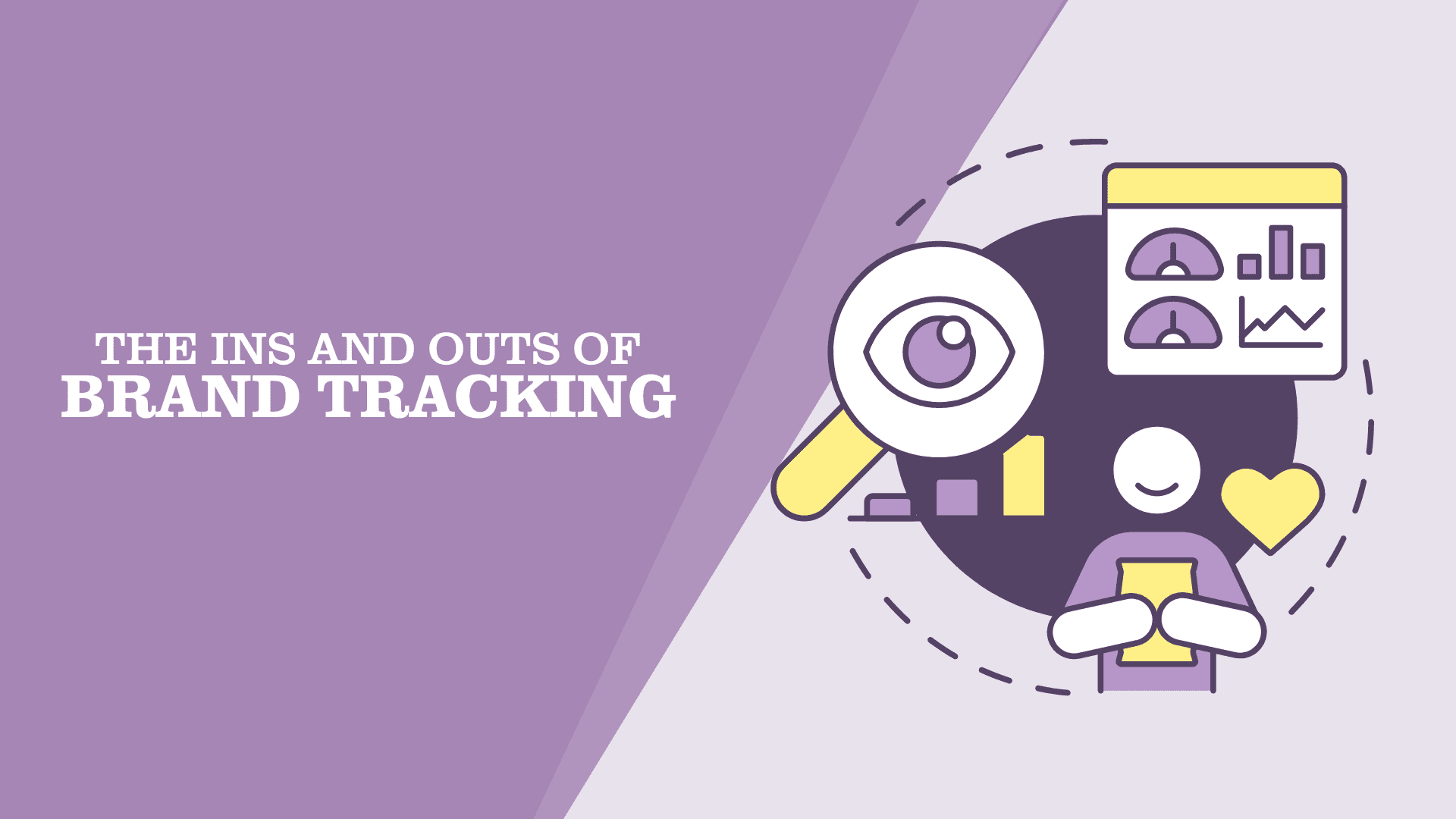The Ins and Outs of Brand Tracking
With user-centered approach, the goals was to create an intuitive interface for effortless financial management while incorporating gamification.
Oct 8, 2024

Creating a brand that truly resonates isn’t about following the crowd or making noise—it’s about getting to the heart of what your audience feels. That’s where brand tracking comes in. Think of it as your all-access backstage pass to understanding your customers’ mindset. It’s more than just numbers; it’s about getting a sense of how your brand connects with people on a personal level.
With brand tracking, you’re tuned into what matters—brand awareness, customer sentiment, loyalty. You’re not just following the performance; you’re listening to the feedback in real time, seeing what makes fans cheer and what makes them walk away. By keeping a pulse on these key moments, you’re able to fine-tune your brand’s story and keep your audience coming back for more.
Ready to unlock these insights and take your brand to the next level? Let’s dive in! 👇
So, what exactly is brand tracking? 🤔
When it comes to brand tracking, you're not just collecting data; you're uncovering the heartbeat of your brand. It’s the rhythm that tells you how your brand is performing in the minds and hearts of your audience.
Here’s how it works:
Surveys and Data Collection: You start by gathering feedback through surveys—whether online, offline, or on social media. Some brands commission consultancies, use market research platforms, or outsource it - TLDR; it takes some time. This comes with no surprise as the more diverse your pool of respondents, the clearer your understanding would be of your brand.
Data Analysis: Once the data is in, it’s time to make sense of it. This is where analysis tools come in to help spot trends and shifts in perception, giving you a clearer picture of where your brand stands. Personally, we prefer seeing our data in a dashboard as compared to reports - it’s easier to digest!
Continuous Monitoring: Brand tracking isn’t a one-time thing. Consumer opinions and market trends evolve, and so should your brand. Regular tracking keeps you in sync with these changes, allowing you to adjust as necessary.
Actionable Insights: The real power comes when you take those insights and turn them into action—whether it’s tweaking your messaging, adjusting a product, or even shifting your brand’s positioning. Otherwise, what’s the point of understanding your audience when you can’t convey these through your products?
Brand tracking helps make sure that brands are on the same stage customers are on. It ensures that while everything’s changing, you’re still communicating in the same language as them!
Key Metrics of Brand Tracking
Brand Awareness: How visible is your brand? When people think of your category, is your brand one of the few they remember? Tracking brand awareness helps you gauge how loud and clear your brand’s message is resonating with your target audience.
Customer Sentiment: What do people really feel when they think about your brand? Indifference is worse than hatred - you want your customers to love it, love it, love it! Monitoring sentiment gives you the emotional pulse of your brand.
Brand Associations: What do customers associate with your brand? Just like how Disneyland has made its name synonymous with happiness, do customers get those warm, fuzzy feelings when they think of you? These associations help form lasting impressions and play a huge role in shaping brand loyalty.
Your brand is a critical asset. In fact, 84% of the market cap of companies listed on the S&P 500 comes from intangible assets like brand—up from just 32% thirty years ago. Brand tracking helps you keep a finger on the pulse of this asset, setting you up for success in today’s experience-driven economy.
How Often Should You Run Your Brand Tracker?
A common question: How often should you run a brand tracker? While it depends on your industry and goals, regular tracking offers deeper insights. A one-off survey gives a snapshot; continuous tracking reveals how your brand is evolving.
Here are some factors to consider:
What You’re Tracking: Some brands focus on the brand funnel, from awareness to loyalty. For them, annual tracking may be enough. Others, in fast-moving industries like tech, may need quarterly or even monthly tracking.
Market Dynamics: If your market is changing fast (think tech or fashion), more frequent tracking can help you stay agile. Stable industries might get by with less frequent checks.
New Competitors: If a new player enters your market, like when Red Bull shook up the U.S. energy drink space, it’s a good idea to increase your tracking frequency.
Ad Campaigns: Running a big marketing push? Track your brand before and after to gauge the impact and make any needed adjustments.
What iconic businesses use for brand tracking
1. Quno AI
Overview:
Quno AI uses autonomous agents to revolutionize the way brands track their customer journey. By leveraging AI, Quno simplifies the brand tracking process, offering a comprehensive, always-on solution. It's designed to be both accessible and affordable, giving brands the ability to monitor their performance across key moments without the hefty price tag of traditional agencies.
Key Features:
Automated Data Collection: Quno uses AI agents to achieve 3x the output of traditional surveys and interviews. They gather data across multiple touchpoints, capturing customer sentiment, awareness, and engagement levels in real time.
AI-Driven Insights: The platform leverages AI to perform in-depth analyses on hundreds of conversations, then offer users the power to generate actionable insights through a click of a button.
Customizable Dashboards: Quno offers flexible, user-friendly dashboards that make it easy for teams to track progress and respond to trends quickly.
Why It’s Great:
Quno empowers brands to stay competitive by delivering real-time insights without the hassle of manual data collection or high-cost investments. It makes brand tracking easy and effective, even for smaller brands looking to play in the big leagues.
2. Qualtrics
Overview: Qualtrics is a leading experience management platform that offers comprehensive brand tracking solutions. With its robust survey capabilities and advanced analytics, Qualtrics enables businesses to gather real-time feedback from customers and assess their brand health effectively.
Key Features:
Real-Time Data: Qualtrics allows you to track brand performance continuously, providing insights into customer sentiment and brand associations as they evolve.
Customizable Surveys: Create tailored surveys that fit your specific needs, ensuring you capture the most relevant data for your brand.
Actionable Insights: The platform analyzes data to highlight trends and areas for improvement, helping marketers make informed decisions quickly.
Why It’s Great: Qualtrics stands out for its ability to integrate various data sources, offering a holistic view of your brand's performance. This makes it easier for businesses to adapt their strategies in real-time based on consumer feedback.
3. Kantar
Overview: Kantar is a global leader in data-driven insights and consulting. Their brand tracking solutions are designed to help brands understand consumer behavior and market dynamics, allowing for strategic decision-making.
Key Features:
Comprehensive Analytics: Kantar provides deep insights into brand health metrics, including awareness, consideration, and loyalty.
Benchmarking Capabilities: Compare your brand’s performance against competitors to identify strengths and weaknesses in your strategy.
Tailored Solutions: Kantar offers customized tracking solutions that cater to various industries, ensuring relevant insights for every business.
Why It’s Great: Kantar’s extensive experience in market research and analytics makes it a trusted partner for brands looking to gain a competitive edge. Their ability to deliver actionable insights helps companies refine their marketing efforts effectively.
4. Tracksuit
Overview: Tracksuit is revolutionizing the brand tracking space with its affordable, always-on solutions tailored for modern consumer brands. Designed with marketers in mind, Tracksuit simplifies the process of measuring brand health.
Key Features:
Always-On Tracking: With Tracksuit, businesses can continuously monitor key metrics such as brand awareness, consideration, and preference without the traditional delays associated with market research.
User-Friendly Dashboard: The platform features an intuitive dashboard that allows marketing teams to access insights quickly and easily, empowering them to make data-driven decisions.
Rapid Insights Delivery: Get full visibility of your brand health within 30 days of setup, with regular updates that keep you informed about market changes.
Why It’s Great: Tracksuit’s commitment to affordability and accessibility makes it an excellent choice for growth-focused companies. By minimizing the time required for traditional brand tracking methods, Tracksuit enables businesses to react swiftly to market shifts and consumer feedback.
Clearly, we’re biased towards Quno AI. It’s smart, efficient, and suitable for every kind of business. If you’re interested in learning how you can leverage AI to get the VVVIP superpass to your customers, book a demo with us!

